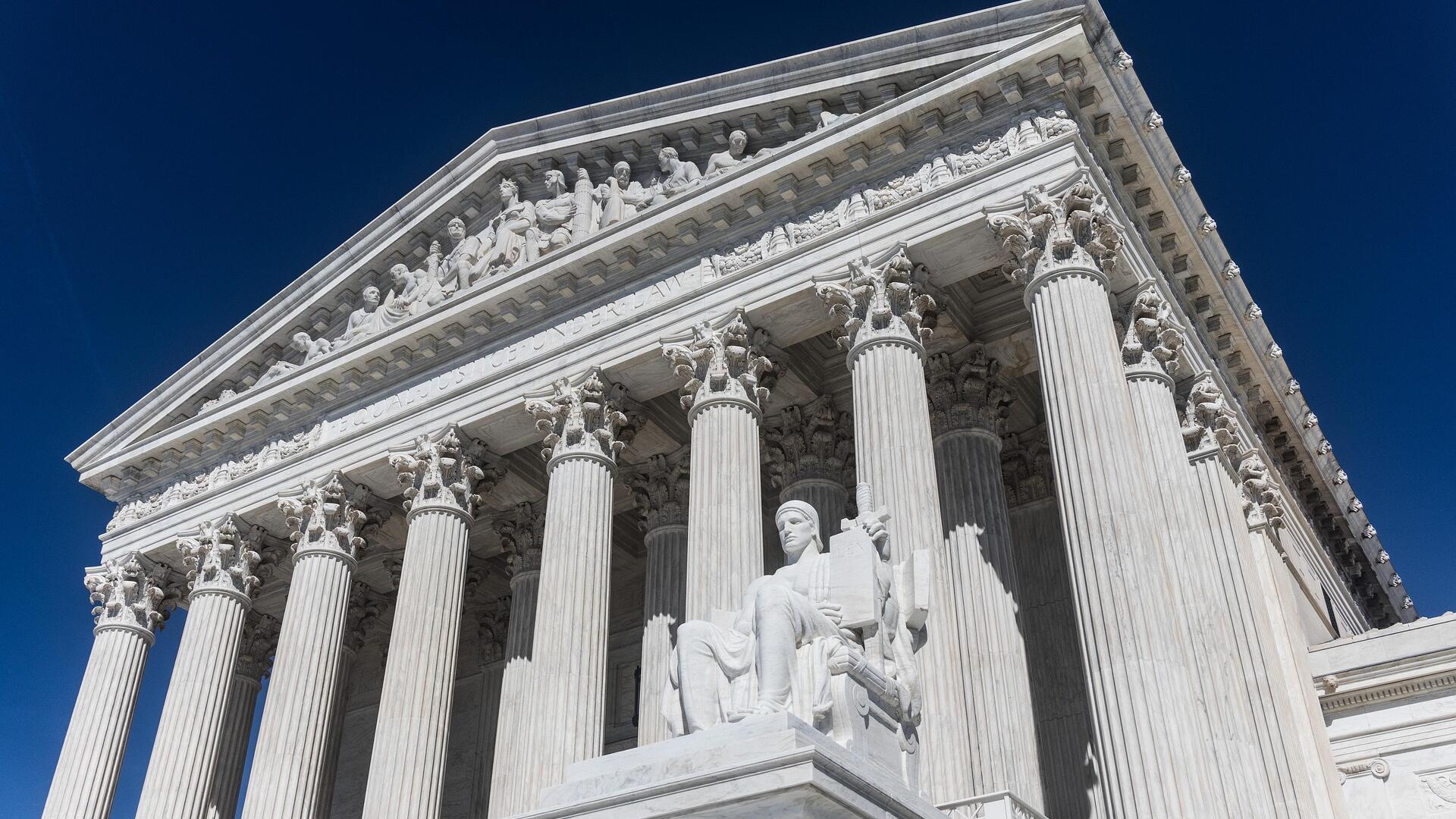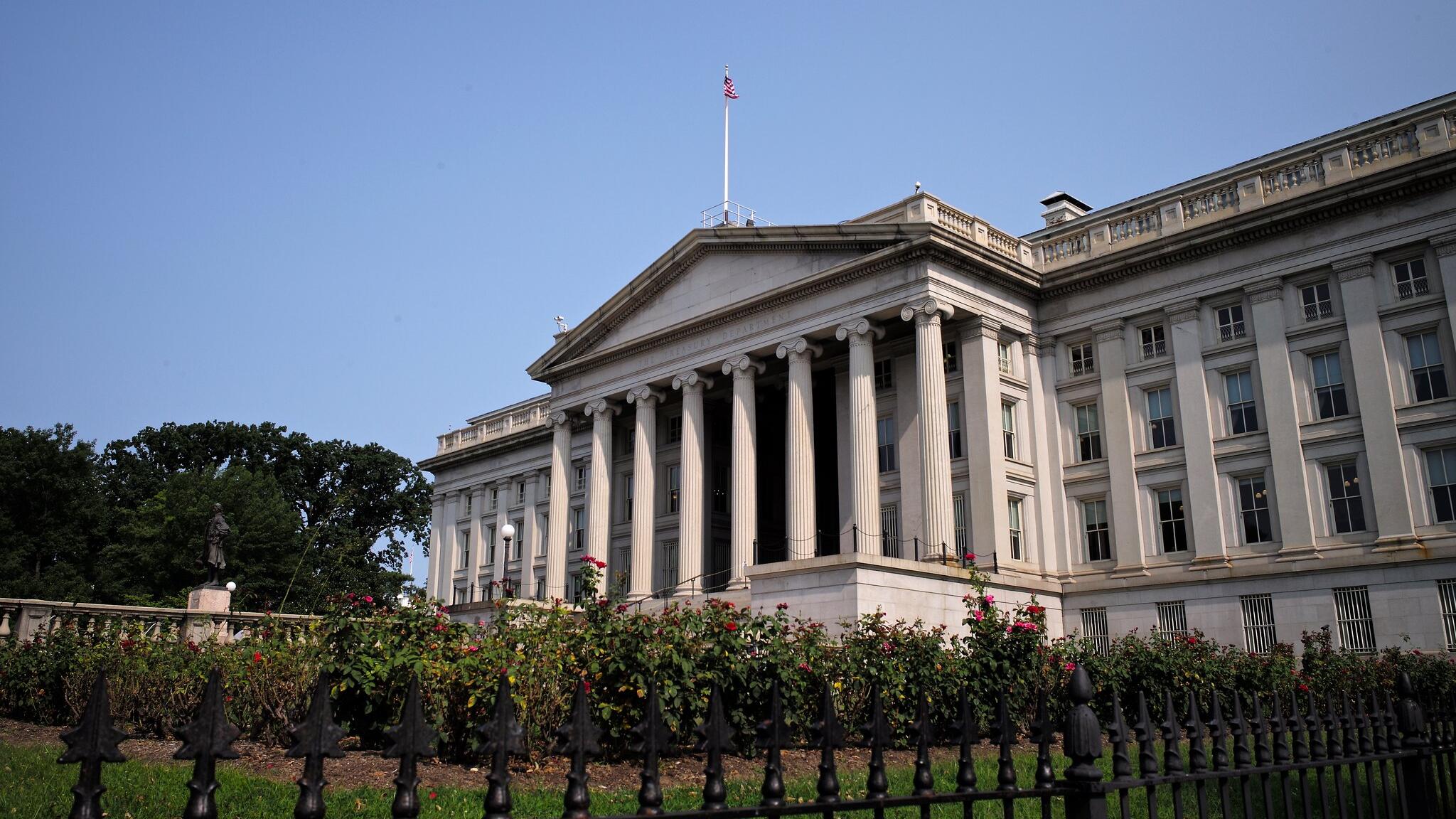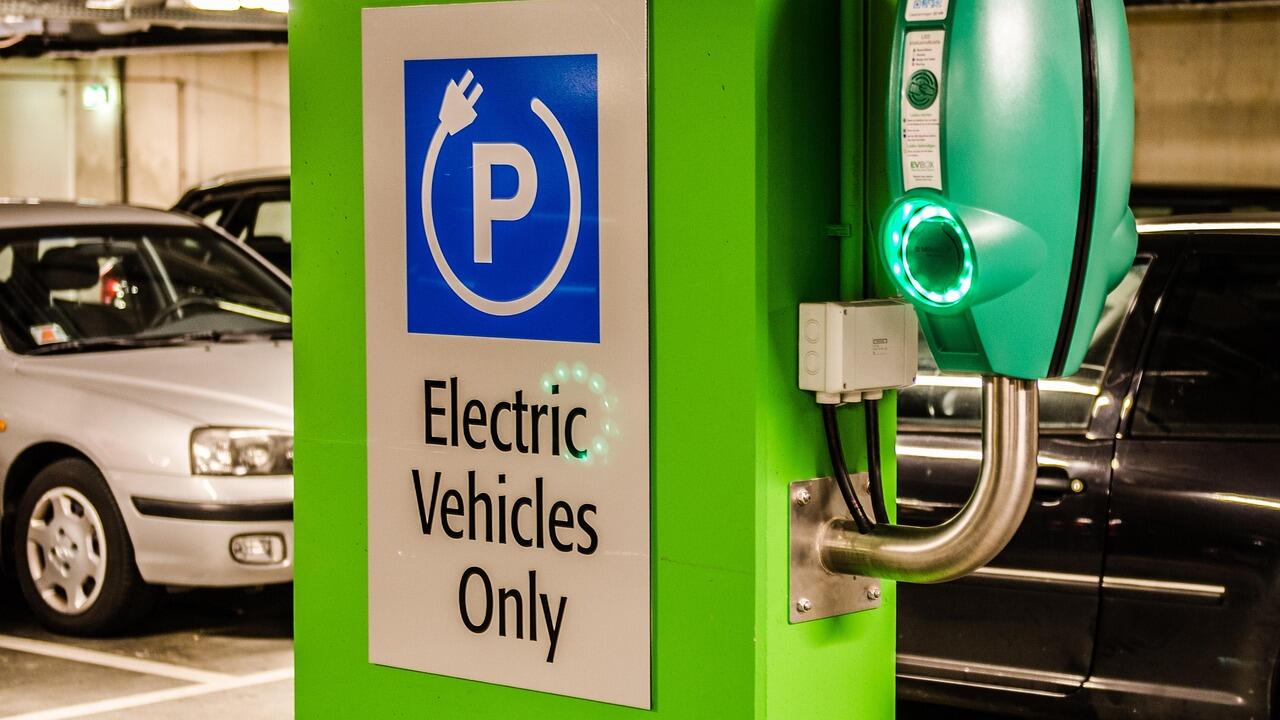
Trump admin gives stay of execution to sunset coal sector

Among the 200-plus globally significant financial institutions that restrict investment in coal are Australia’s major banks, which alone reduced their direct coal lending from A$3.5 billion in 2018 to a paltry $305 million in 2023. By any meaningful measure, investment in coal – universally regarded as the single biggest driver of global warming - is now regarded as on the nose. Coal plants produce more air pollution than other sources, and burning coal emits mercury, a powerful neurotoxin, and other heavy metals. However, that hasn’t stopped United States President Donald Trump – a long-time renewables sceptic – from kicking the sector’s inevitable demise further down the road through his latest – stay of execution-style - executive order. In an about-face to the Biden administration’s steps to restrict and phase out coal production, Trump has unveiled plans to use government funding and Pentagon contracts to sustain U.S. coal-fired power plants.Long-term contractsIn summary, the U.S. Defence Secretary Pete Hegseth is entering into long-term contracts with coal plants across the country to power military installations. Unsurprisingly, the move to potentially provide financial support to dozens of coal plants - that







